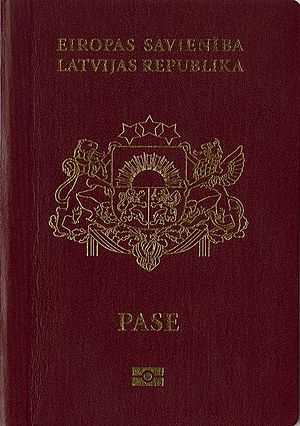Citizenship of the European Union facts for kids
EU citizenship began with the Treaty of Maastricht in 1992. It's like an extra layer of citizenship. It adds to your national citizenship, giving you more rights if you are from an EU country.
Contents
How EU Citizenship Started
Before 1992, people could already move freely in Europe. This started with the European Coal and Steel Community in 1951. It allowed coal and steel workers to move for jobs.
Later, in 1957, the European Economic Community (EEC) was formed. This allowed all workers to move freely between member countries. The European Court of Justice (ECJ) made this idea even wider. They said people could move to another country for a better lifestyle, not just for work. This meant people could work part-time or full-time and get help from their new country.
The ECJ also decided that any citizen of a member country could live anywhere in the EU. They would be treated the same as a citizen of that new country.
The Maastricht Treaty
The idea of EU citizenship officially started with the Treaty of Maastricht. This treaty was signed in 1992. Later, the Treaty of Amsterdam made EU citizenship even stronger. It clearly stated that EU citizenship does not replace your national citizenship. It only adds to it.
Who is an EU Citizen?
If you are a citizen of any country that is part of the European Union, then you are also an EU citizen. This is stated in the EC Treaty. It means that your EU citizenship works alongside your national citizenship. It does not take its place.
Rights of EU Citizens
Being an EU citizen gives you several special rights. These rights are protected by the EC Treaty.
Equal Treatment
- You have the right to be treated the same as citizens of the country where you live. This means you should not face discrimination because you are from another EU country.
Freedom to Move and Live
- You have the right to move and live anywhere in the EU.
- You can also apply for any job in an EU country.
- You can even work for the government in another EU country. However, some jobs, like those in defence or national security, might be limited.
Voting Rights
- You have the right to vote or be a candidate in local elections. This applies to the country where you live, even if it's not your home country.
- You can also vote in European elections in any Member State. You will have the same conditions as the citizens of that state.
Diplomatic Protection
- If you are in a country outside the EU, and your own country does not have an embassy there, you can ask for help.
- You can get protection from the diplomatic or consular authorities of any other EU country.
Asking for Help from EU Bodies
- You have the right to ask for help from the European Parliament.
- You can also contact the European Ombudsman. This is if any EU body has acted badly or unfairly.
Language Rights
- You have the right to contact EU bodies in one of the official languages of the EU.
- You also have the right to get a reply in that same language.
Access to Documents
- You have the right to get documents from the European Parliament, the Council, and the Commission. This helps you understand how the EU works.
Sometimes, when new countries join the EU, their citizens might have some rights limited for up to seven years. This is a temporary measure.
Other pages
See also
 In Spanish: Ciudadanía europea para niños
In Spanish: Ciudadanía europea para niños
 | Madam C. J. Walker |
 | Janet Emerson Bashen |
 | Annie Turnbo Malone |
 | Maggie L. Walker |


